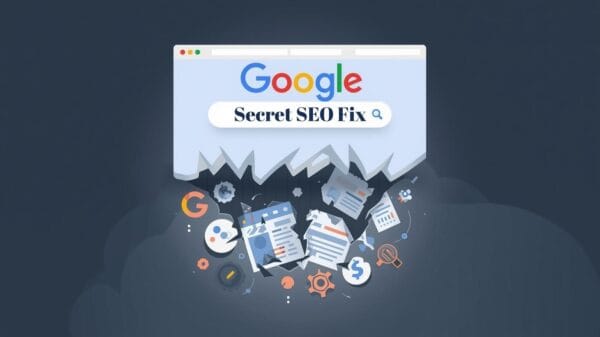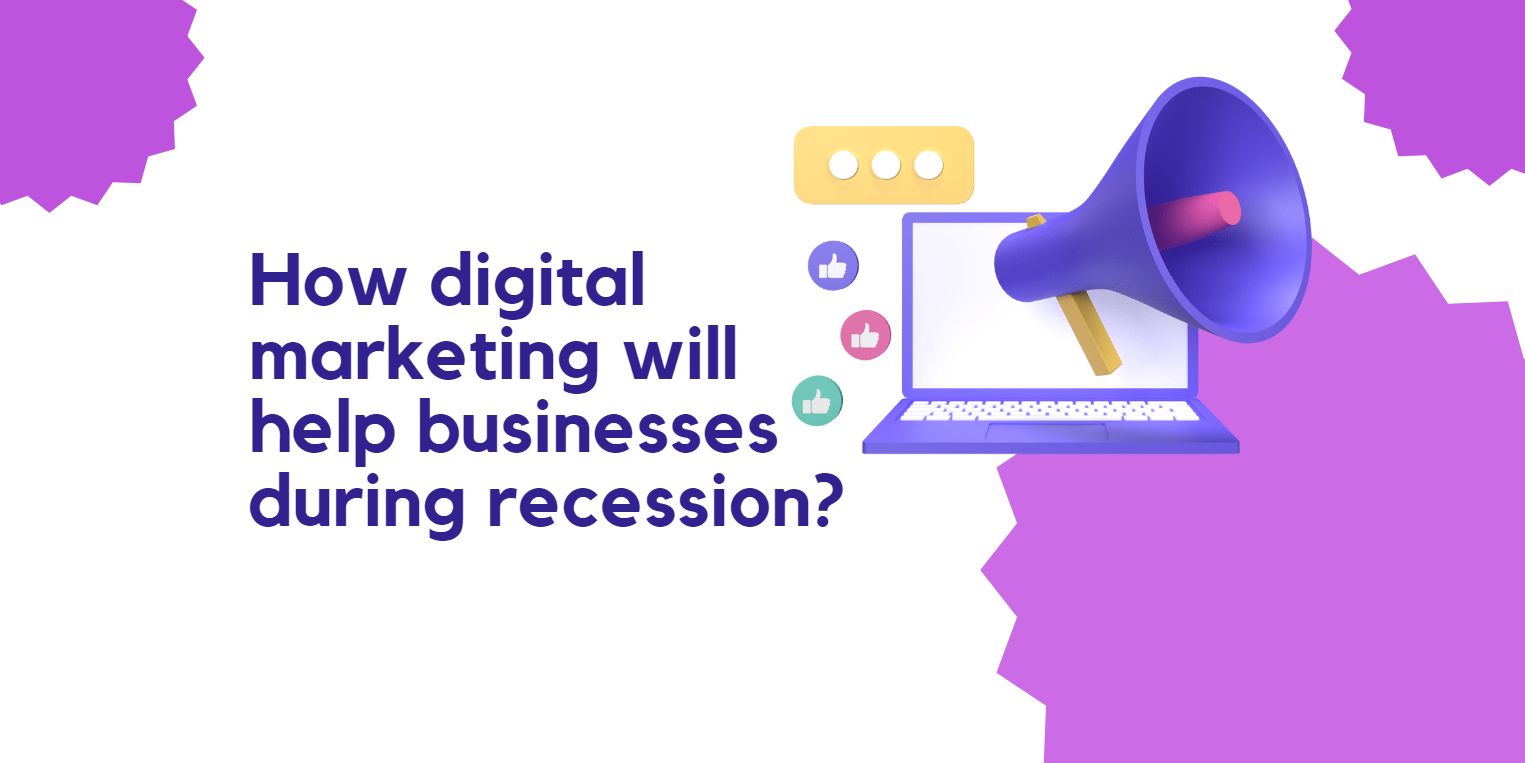Flock is now discontinued, and it will be replaced by Topics. This update was given by google that they have switched the technology.
The proposal is to create an encrypted identifier for each user, which is stored in a separate database. The identifier is not linked to any personally identifiable information. When a user visits a website, the website can request the identifier from the database. The website can then use the identifier to show relevant content and ads. This proposal preserves privacy by not linking the identifier to any personally identifiable information. It also allows websites to show relevant content and ads to users.
How Topics Work?
Google earlier planned it will no longer track user data, It will change its user tracking system and move to a new technology. FLoC is the technology that will power Google’s “building a privacy-first future for web advertising,” according to the company (Federated Learning of Cohorts). Google announced this in early 2021, and it would soon be released as a Chrome extension, allowing users to create anonymous user profiles to prevent private data from being leaked to the internet.
What is FLoC, exactly?

FLoC stands for Federated Learning of Cohorts and is Google’s ad targeting technology that does not use third-party cookies. It works by storing browsing data in a user’s browser and generating anonymized cohorts to target advertisers with.
Google wants FLoC to be the primary method of tracking people on the internet, replacing cookies. Your browser saves these small pieces of text and code on your computer or phone to help websites determine if you’ve visited before, what your site preferences are, where you’re located in the world, and more.
The choice of which advertisements to display on a web page based on three broad categories of information:
1. First-party and contextual information (e.g., “put this ad on web pages about motorcycles”)
2. General information about the interests of the person who will see the ad (e.g., “show this ad to Classical Music Lovers”).
3. The individual’s previous actions (e.g., “offer a discount on some shoes that you left in a shopping cart”)
FLoC will continue to exist in Google as an extension, allowing users to browse without being tracked by cookies and providing advertisers with the option to target anonymous user profile data.
Why did you decide to go with FLoC? How does FLoC Work?
The following studies on user experience while searching and using the internet have shown the following results:
The Pew Research Center study found that, “72% of people believe that almost all of what they do online is being tracked by advertisers, technology firms, or other companies. While 81% believe that the potential risks, they face as a result of data collection, outweigh the benefits.”
“People should not have to give their permission to be tracked across the internet to benefit from relevant advertising.” Furthermore, to reap the benefits of digital advertising performance, advertisers do not need to track individual consumers across the web.”
These are the primary indications that led Google and other technology companies to think on tracking user data. Furthermore, Apple and many other technology solution providers, gadget sellers and operating systems have vigorously moved ahead to stop tracking user data.
We now see dedicated browsers and search engines available who don’t track user data as told by them, this also increase the competition in the user anonymity field.
With them, many countries are now launching on data protection acts like GDPR — General Data Protection Regulation enacted by EU. Many other countries are also thinking to bring such regulations to protect user rights and secrecy. In this scenario, Google as a technology leader ultimately need to bring a solution to its cookies-based tracking system and FLoC is for now considered as an alternative and viable solution. Of course, we will get to see many more updates on this technology as we see the same for other Google Technologies in the future.









